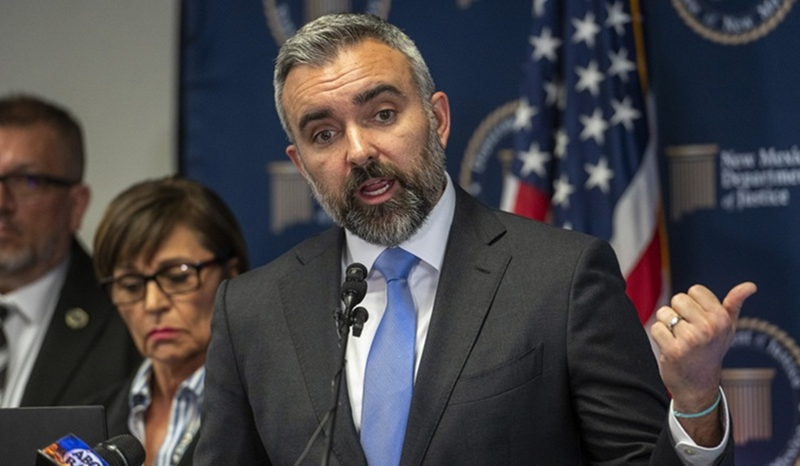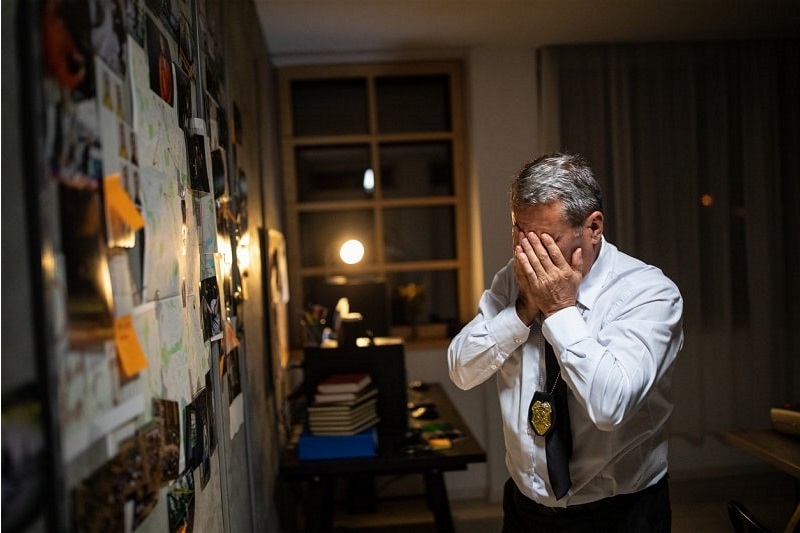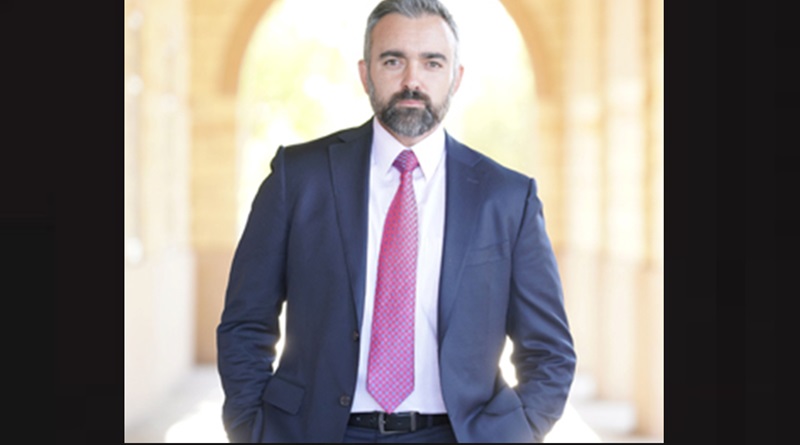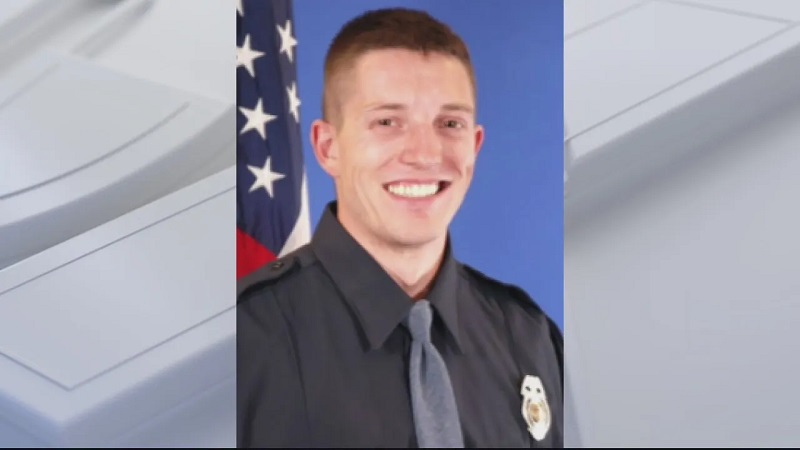
There is so much talk about law enforcement that the average citizen may think all justice must flow first through the badge. The police establishment has long been the gateway for a myriad of services beyond the mere enforcement of statutes and continues to be the first call of a citizen needing assistance of all kinds. It was not always so, and may need some modern adjustment in thinking.
Historically, Americans did not depend heavily on government services of any kind. The main reason is that many government agencies did not exist or were too remote to access. Or perhaps the main reason was the revolutionary and pioneer spirit we used to celebrate. Communities were built around people, not programs, and what structures there were in place were often from the commerce and industry that gave life to a region.
Omnipresent policing was not a part of everyday life until the turn of the century after the Civil War. Before that, and harkening back to our English roots, social control was exercised through personal interactions, private policing like Pinkerton and Wells Fargo agents, or the Sheriff and his posse of citizens. The idea of law enforcement officers wearing uniforms other than a badge became acceptable after the familiarity of blue and gray uniforms worn by so many men during the war.
Modern policing, exemplified in East Coast cities, was modeled after the London Metropolitan Police famously organized and instituted by Sir Robert Peel. His principles of policing still stand today as the ethical framework of the profession. The “Bobbies” – presumably called by their founder’s name – and also called coppers because of their copper buttons adorning the uniform – were formed as a response to other government reforms of the day in the United Kingdom, and to respond more efficiently to crime and disorder than the decentralized local constables.
One of the Peelian Principles states “To maintain at all times a relationship with the public that gives reality to the historic tradition that the police are the public and that the public are the police, the police being only members of the public who are paid to give full-time attention to duties which are incumbent on every citizen in the interests of community welfare and existence.”
It was perhaps the cyclical surges of crime and increased urbanization of the U.S. that led to an increase in police presence. Many efforts have been made to return police officers to their communities in more personal and visible ways, ostensibly to return to the cop on the beat, chatting with passersby and twirling their nightstick as they saunter along, grabbing the occasional apple from the fruit stand. Technology did not allow foot patrol to last forever. Patrol vehicles and radios made response to calls substantially quicker. The advent of telephones in most homes as well as television portrayals of law enforcement, made acceptability and accessibility of the police just a phone call away.
Post WW2 urban sprawl created the patrol patterns that kept officers insulated behind the wheel of their patrol cars zooming from call to call, with an alleged loss of personal, non-confrontational interaction between the public and the police. The Peelian idea that the public and the police both are responsible for peace in their communities slipped away, and tensions of that separation have reverberated in civil disturbances and antagonism toward police.
During the last few decades, citizens have pulled away from taking individual responsibility for law and order. Fear of vigilantism, fear of being sued, employer requirements to give in to criminals, and misguided advice from many police leaders to do nothing but call 911, have convinced citizens that they are powerless.
While caution is certainly urged, citizens should know their rights in their state. May they carry a concealed weapon? Is a citizen’s arrest legal in their state and under what circumstances? Can a citizen file a complaint directly with the prosecutor without the police as an intermediary? Are they immune from lawsuits if they assist a police officer in making an arrest? Does the law require helping a police officer asking for assistance? May a citizen use deadly force to protect their home or other property?
Some citizens are adept and knowing and claiming their civil rights. We should have the same passion for civil responsibilities.






